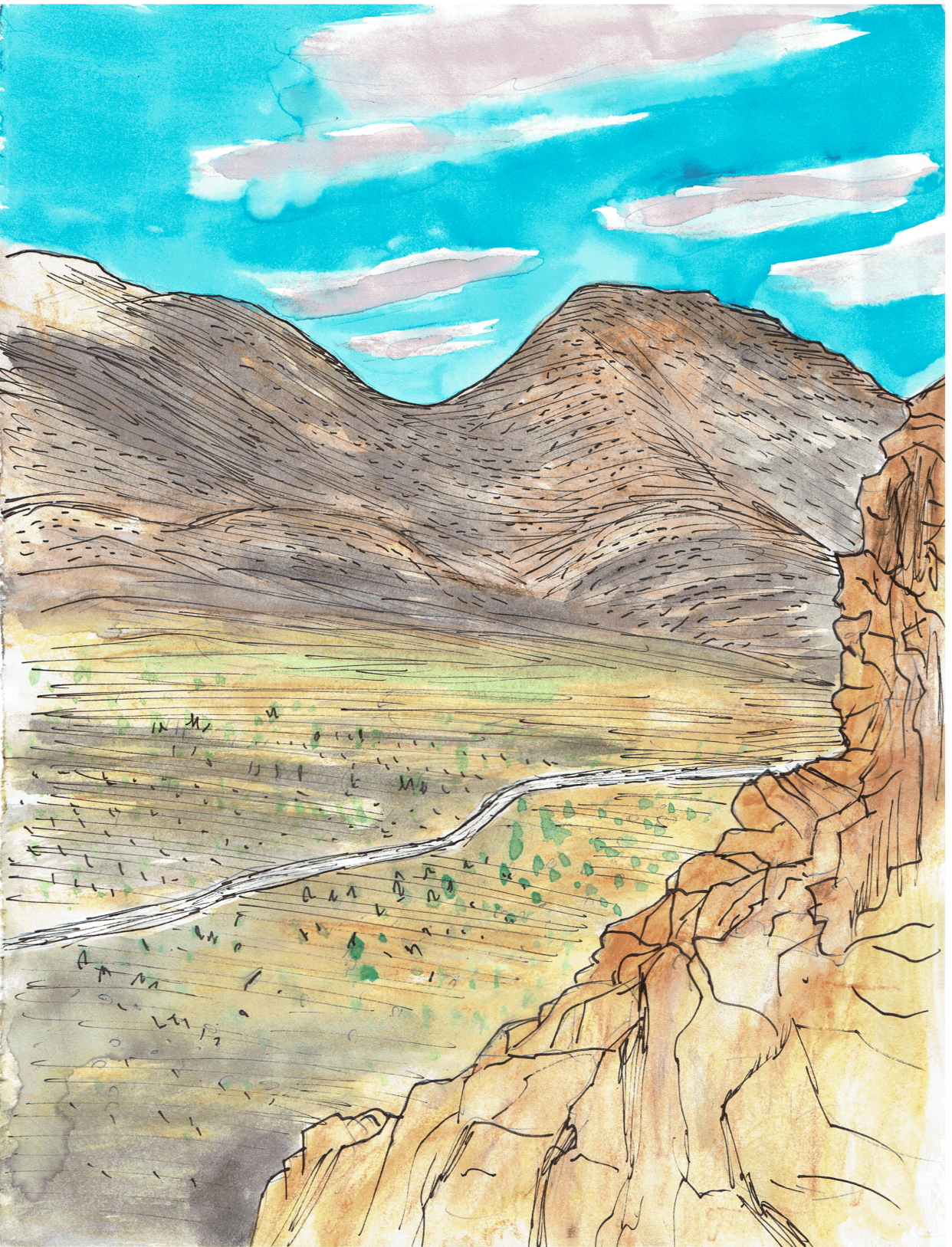'Desert Places,' and saving our wild places: We must take the initiative

"Those who dwell, as scientists or layman, among the beauties and mysteries of the earth are never alone or weary of life.” —Rachel Carson
As another season of summer school ends, one thing has become apparent to me as a middle school educator: a widespread anxiety about the future of our planet exists among our youth.
Whilst these adolescents take their places among the future generations, the planet’s health and combating climate change will become a central and defining focus in their lives.
Encouraging kindness and empathy in our children matters. And inspiring them to care for the earth is intrinsic to teaching compassion.
The poet Robert Frost told us about “the road not taken,” and how the well-trodden, conventional path can be far less satisfying than the road less traveled.
Happening down that unconventional trail in 1947, the New England poet found himself in Palm Springs (inspired by the wildness of our landscape) during a SoCal lecture tour.
His poem “Desert Places” explores the concepts of existential loneliness and the tie between man and nature. Through a difficult and desperately lonesome process, the poet finds a truth that’s beyond a world without inherent meaning — a universe that can be imbued with meaning from his own life.
The Coachella Valley is one of those “desert places,” and home to more than 500 miles of world-class hiking trails — attracting an ever-increasing number of hikers, mountain bikers, equestrians, and others each year.
All of us, now and again, take to the trail — among “the beauties and mysteries of the earth.” (It’s good for the soul.)
Just as important should be our commitment to preserving the scenic beauty and biodiversity of our outdoor recreation areas to protect those places for the use and safety of both current and future residents (and visitors) of our valley.
In doing so, we may instill in our children an awareness of the environment — which may be carried down through the generations — to reveal the splendor and wonders of the fragile desert and mountains we call home. Minimizing impacts on the fragile environment that surrounds them is paramount. To borrow the words of Chief Seattle, “We do not inherit the earth from our ancestors; we borrow it from our children.”
Global citizenship is the idea that all people have rights and civic duties that come with being a member of the world — a privilege and responsibility easily dismissed by those experiencing a disconnect between environmental ambition and an implementation of stewardship.
As Robert Frost poetically put it, “They cannot scare me with their empty spaces/Between stars — on stars where no human race is./I have it in me so much nearer home/To scare myself with my own desert places.”
Exposure to the natural world is a remedy to this psychological state. But that change must come from within. Real and meaningful change will only occur if people act together — and with a global perspective.
It depends on us to take the initiative.
Despite the current challenges we face on a national and international level, increased efforts are required to effect change and make a difference in the lives of our youth (and future generations) through the preservation of wilderness.
The future of our planet, our home, depends on it.
Michael C. Seeger, a poet, writer and educator, lives in Cathedral City. Email him at hemingwayhero@dc.rr.com.
This article originally appeared on Palm Springs Desert Sun: 'Desert Places,' and saving our wild places: We must take the initiative

